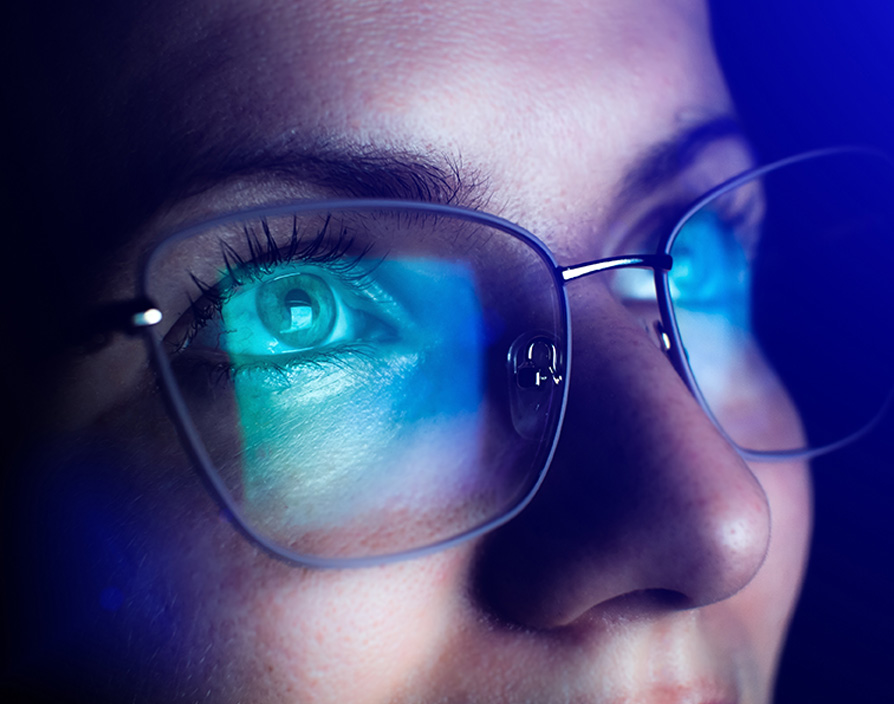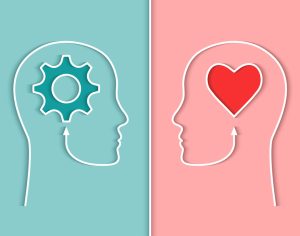As a longevity and lifestyle medicine doctor, I’ve guided many executives through the nuances of how their environment impacts their health—particularly when it comes to light exposure. Blue light has garnered a bad reputation, primarily due to its links with sleep disruption. However, what if I told you that blue light is not just a necessary evil but can actually be a powerful ally in optimising your performance and health, if used correctly?
Understanding blue light and it’s effects
Blue light is a type of visible light with shorter wavelengths and more energy than other colours. It’s naturally abundant in sunlight, which is why the sky appears blue. The primary issue with blue light arises from its prevalence in artificial lighting and digital screens, leading to overexposure, particularly after sunset.
Why do we need blue light?
Despite its pitfalls, blue light is crucial during the daytime. It boosts alertness, helps memory and cognitive function, and elevates mood by inhibiting the production of the sleep hormone melatonin. More importantly, it regulates your circadian rhythm—the body’s natural wake and sleep cycle. Exposure to blue light during morning hours is essential to maintain a healthy circadian rhythm, which is key for optimal daily performance. Have you ever noticed how a walk outside in the morning can make you feel more energised and ready to tackle the day?
The cortisol connection
Blue light’s relationship with cortisol, the body’s main stress hormone, is another critical aspect. Cortisol levels naturally peak in the morning to help us wake up and decline throughout the day to prepare us for sleep. Proper exposure to blue light in the morning can help reinforce this natural cycle, enhancing daytime alertness and energy. Conversely, exposure to blue light at night can disrupt this cycle, leading to potential sleep disturbances and increased stress levels. Isn’t it fascinating how light can so profoundly impact our biological processes?
Optimising light exposure: A daily blueprint
Here’s how you can strategically use light to enhance your health and executive performance:
Morning exposure to blue light:
Aim for significant natural light exposure in the morning. Whether it’s a cloudy or sunny day, getting natural sunlight early in the day can help boost your alertness and set your circadian rhythm correctly. I also use blue light emitter glasses or light emitting devices for my clients who have low cortisol levels in the morning.,
Midday maintenance:
Continue to seek out natural light throughout the day if possible. If you’re predominantly indoors, ensure your workspace is well-lit with natural spectrum light bulbs that mimic daylight, which can help maintain your energy and focus without disrupting your sleep cycle as evening approaches. Get a lunchtime walk in and instead of experiencing the afternoon slump, notice your afternoon energy and focus increase.
Evening light management:
As the day winds down, it’s crucial to reduce blue light exposure to allow melatonin production. Two to three hours before bedtime, start dimming your indoor lights and switch off or limit screen time. Devices with night settings or blue light filters will help, as they reduce blue light emission without affecting visibility. And pop on a pair of blue-light filtering glasses.
The role of red light in the evening:
Red light has minimal impact on melatonin suppression and can be a good option for night-time lighting. Consider a red-light reading lamp next to your bed for reading as you wind down.
Blue light isn’t something to be shunned but rather embraced wisely and used strategically throughout your day to enhance your performance, mood, and overall well-being. By understanding and adjusting your light exposure, you can master your internal clocks, not just to improve your health but also to maximise your professional capabilities. Are you ready to see the light in a whole new way?
Share via:









































